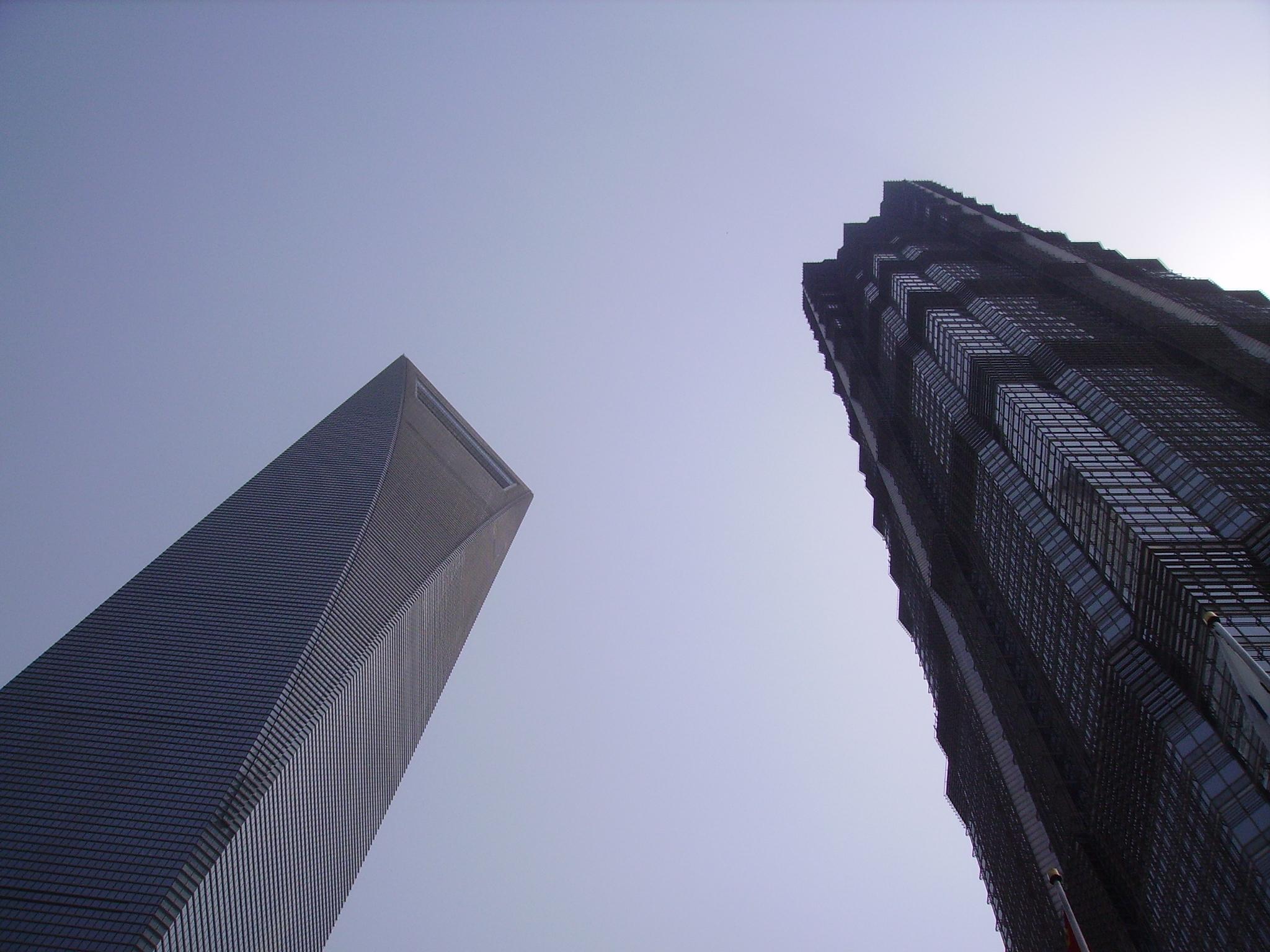
August 28, 2013, by Tony Hong
China and Industrialisation
By Calvin Johnson,
Studying Economics at the University of Nottingham UK.
Over the past two weeks, I have had the opportunity to experience and witness the transformation that has occurred in China in recent decades, creating China into a truly economic superpower.
However this is an achievement that could have happened centuries ago, had China followed the path of industrialisation, as the Europeans had. Consequently China is playing catch-up to the Western countries that currently dominate the global economy.
The lack of innovation within China prior to European industrialisation is often considered a reason for the absence of industrialisation. As Europe continuously invented and reinvented machinery and other products, China sluggishly continued along its usual route, with little innovation.
For example, in Britain, James Watt created the steam engine, originally for use in coal mines, but soon it became an “economic revolution”, such was its adaptable use.
Whereas in China, nothing of this such was happening. Coal mining existed, but there were no machinery designed for ventilation or pumping in coal mines; therefore they did not have the chance to develop these machines, as the West had done so. As historian, David Landes puts it, “in short, no one was trying”.
The State has always had a controversial role to play within China, in particular to Western observers, and their actions in this era, were damaging to China’s industrialisation.
According to Etienne Balazs, it is “the state that kills technological progress”, and this was the problem in China. The opportunity to industrialise was within their hands. The British attempted to export the ‘Industrial Enlightment’ to the Chinese, but their ignorance and isolation resulted in the emperor at the time, Ch’ien-lung saying ““I set no value on objects strange and ingenious and have no use for your country’s manufactures.”.
Imagine how different the world would be if China had accepted this offer – perhaps it would be “Made in UK” that would grace worldwide goods, had Britain became the dominant exporter.
Nonetheless, this did not prevent the British from industrialising. As they and Europe grew into economic superpowers, China continued its isolation, whilst examples of state interference in private enterprise, such as extracting bribes and taking over lucrative activities, destroying the opportunity for innovation and free enterprise.
As unusual as it may sound, the clock is often considered a reason for the lack of industrialisation in China. David Landes even goes as far to describe the clock as the “greatest achievement of medieval mechanical ingenuity”, though its existence and use remained in Europe and not China.
The power of the clock was that it brought order and control, which meant that labour could coordinated and their performance assessed, in relation to time; as such it paved the way for an era of industrialisation and production.
As usual, China didn’t get involved. They relied upon water clocks, which were greatly inaccurate, mainly due to the build-up of sediment. Meanwhile time and the knowledge of time were considered bizarrely a privilege, and were not shared amongst the population, with it being reserved solely for the sovereign.
Without the clock, or even time, it would be impossible to imagine how any factory, never mind a nation, could function effectively and become an industrial superpower. Consequently it is no surprise that China did not industrialise.
It would be impossible to lay the blame for the absence of industrialisation in China on one, or a few, particular reasons. But it is obvious that innovation, the State and even the clock, played their part in destroying the opportunity for China to dominate the world in recent decades.
But now, times are changing. China is finally waking up to the truth that to dominate the world, they need a strong economic background, and they are doing a pretty good job of achieving this. But is it too late for China to overtake the Western world, who has been in control since their industrialisation, only time will tell…
No comments yet, fill out a comment to be the first

Leave a Reply